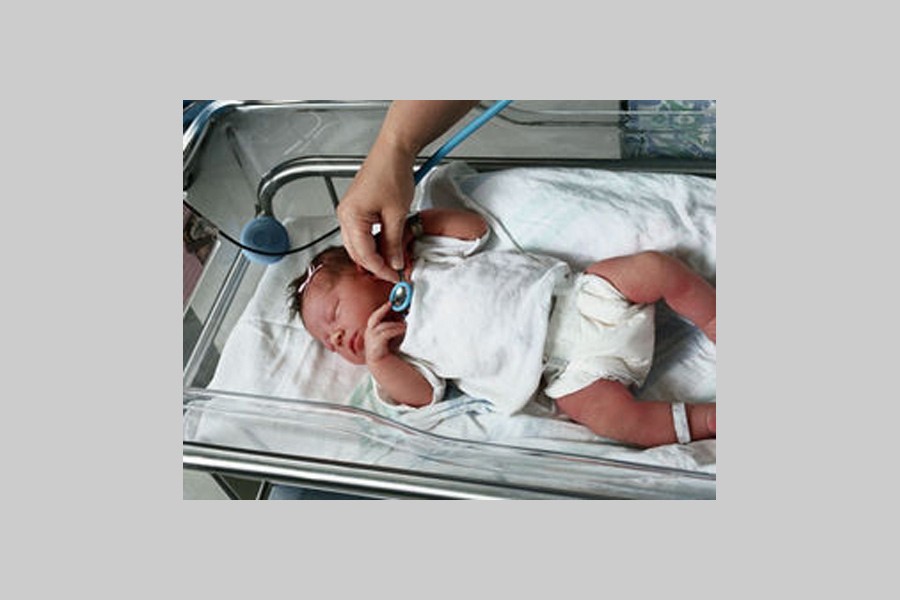Unicef on Tuesday launched a global campaign titled ‘Every Child Alive’ aiming to build consensus on the principle that every mother and every baby deserves affordable and quality care.
The campaign will demand and deliver solutions on behalf of the world’s newborns and will boost the ‘Bangladesh National Newborn Campaign’ launched in November 2017.
Bangladesh, Ethiopia, Guinea-Bissau, India, Indonesia, Malawi, Mali, Nigeria, Pakistan and Tanzania are the 10 countries focused for this global campaign. Together, these countries account for more than half of the world’s newborn deaths.
Keeping this in view, Unicef is issuing an urgent appeal to government, health care providers, donors, the private sector, families and businesses to keep every child alive. Bangladesh joins this global call to contain all preventable child and neonatal deaths by 2030.
Bangladesh achieved MDG4 and made commendable progress in neonatal mortality.
In 1990, 241,000 newborns were dying and in 2016 that was reduced to 62,000. Despite well-performing public health programmes, Bangladesh is still among the 10 countries with the highest number of newborn deaths in 2016, and 88 per cent of neonatal deaths in Bangladesh are from three preventable causes.
In addition to the newborn deaths, 83,000 still births happen every year.
“No baby should die of preventable causes, and we need to extend affordable, quality health care to every mother and baby. Through this campaign, UNICEF aims to mobilise public support to influence policy change, fund solutions and engage with individuals, businesses and policy-makers to make this happen.” said Edouard Beigbeder, UNICEF Bangladesh Representative.
A global report on newborn mortality launched on Tuesday also reaffirms this trend. Globally, deaths of newborn babies, particularly among the world’s poorest countries, remain alarmingly high.
In low-income countries, the average newborn mortality rate is 27 against 1,000 births. In high-income countries, the rate is 3.
These deaths can be prevented with access to well-trained midwives, proven solutions like clean water, disinfectants, breastfeeding within the first hour, skin-to-skin contact and good nutrition.
The Ministry of Health and Family Welfare (MoHFW) is working on prioritising effective interventions for maternal and newborn health, with support of Unicef and other partners.
To this extent, the MoFHW has introduced the Special Newborn Care Units (SCANUs) in 44 districts of Bangladesh to provide specialised care to sick newborns in public hospitals. In the coming years, these SCANUs will be expanded in the remaining 20 districts.


